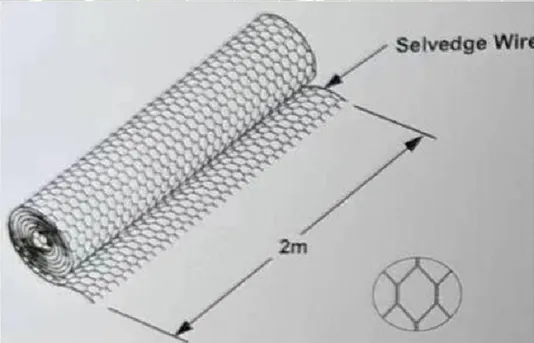-
 Phone:
Phone: -
 Email:
Email:

does rebar tie wire rust
Does Rebar Tie Wire Rust?
Rebar tie wire plays a critical role in construction, particularly when reinforcing concrete structures. Its primary purpose is to secure rebar, ensuring that it stays in place during the concrete pouring process. However, a key concern among builders and engineers is whether this tie wire is susceptible to rust, which could jeopardize the integrity of the reinforced concrete. In this article, we will explore the factors that contribute to the rusting of rebar tie wire, the materials used in its production, and the implications of rust on construction projects.
Understanding Rust and Its Causes
Rust is an iron oxide that forms when iron or its alloys, like steel, are exposed to moisture and oxygen over time. The process, known as oxidation, leads to the deterioration of the metal, weakening its structure and reducing its load-bearing capacity. In geographical areas with high humidity or where de-icing salts are prevalent, the likelihood of rust forming on metal components, including rebar tie wire, significantly increases.
Materials Used for Rebar Tie Wire
Rebar tie wire is typically made from steel due to its strength and ductility. However, not all steel tie wires are the same when it comes to resistance to corrosion. There are different grades and coatings of steel tie wire available on the market
1. Black Annealed Tie Wire This is a low-cost option for tie wire; however, it is also more prone to rusting because it lacks protective coatings. The absence of a rust-resistant layer means that moisture can easily penetrate the surface.
2. Galvanized Tie Wire This type is coated with a layer of zinc, which provides a protective barrier against moisture and oxygen. The zinc layer sacrifices itself to protect the underlying steel, which significantly enhances the wire’s resistance to rust. Galvanized tie wire is often recommended for outdoor or high-humidity applications.
3. Stainless Steel Tie Wire Made from an alloy that contains chromium, stainless steel tie wire is inherently rust-resistant. While it is more expensive than black or galvanized wire, it offers long-term benefits, especially in corrosive environments.
The Implications of Rust on Construction
does rebar tie wire rust

When rebar tie wire rusts, the implications can be severe, affecting the entire structural integrity of a concrete project. Rusting leads to the expansion of the material, which can cause cracking in the surrounding concrete. This cracking not only compromises the strength of the structure but may also lead to more extensive repairs or even total structural failure.
Preventative Measures
To mitigate the risk of rust on rebar tie wire, several preventative measures can be implemented
- Choosing the Right Material Selecting rust-resistant options, such as galvanized or stainless steel tie wire, is imperative for projects exposed to elements that promote corrosion.
- Proper Storage Before installation, rebar tie wire should be stored in a dry environment to reduce exposure to moisture. Keeping the wire off the ground on pallets can prevent it from absorbing moisture from the earth.
- Timely Installation The quicker the tie wire is installed and covered with concrete, the lower the chance of corrosion. Minimizing exposure to moisture during the construction process is crucial.
- Regular Inspections For existing structures, conducting regular inspections for any signs of rust can help in identifying potential issues before they become critical.
Conclusion
In conclusion, while rebar tie wire is essential for maintaining the stability of concrete structures, its susceptibility to rust is a legitimate concern. The type of material used, environmental conditions, and proper handling all play significant roles in determining the longevity and effectiveness of rebar tie wire. By choosing appropriate materials, implementing proper storage and installation practices, and conducting regular inspections, the risks associated with rusting can be minimized, ensuring the durability and reliability of concrete structures for years to come.
-
Wire Mesh for Every Need: A Practical SolutionNewsJul.25,2025
-
Steel Fences: Durable, Secure, and Stylish OptionsNewsJul.25,2025
-
Roll Top Fencing: A Smart Solution for Safety and SecurityNewsJul.25,2025
-
Cattle Farm Fencing Solutions for Maximum SecurityNewsJul.25,2025
-
Affordable Iron Binding Wire SolutionsNewsJul.25,2025
-
Affordable Galvanized Wire SolutionsNewsJul.25,2025
-
Wire Hanger Recycling IdeasNewsJul.25,2025








